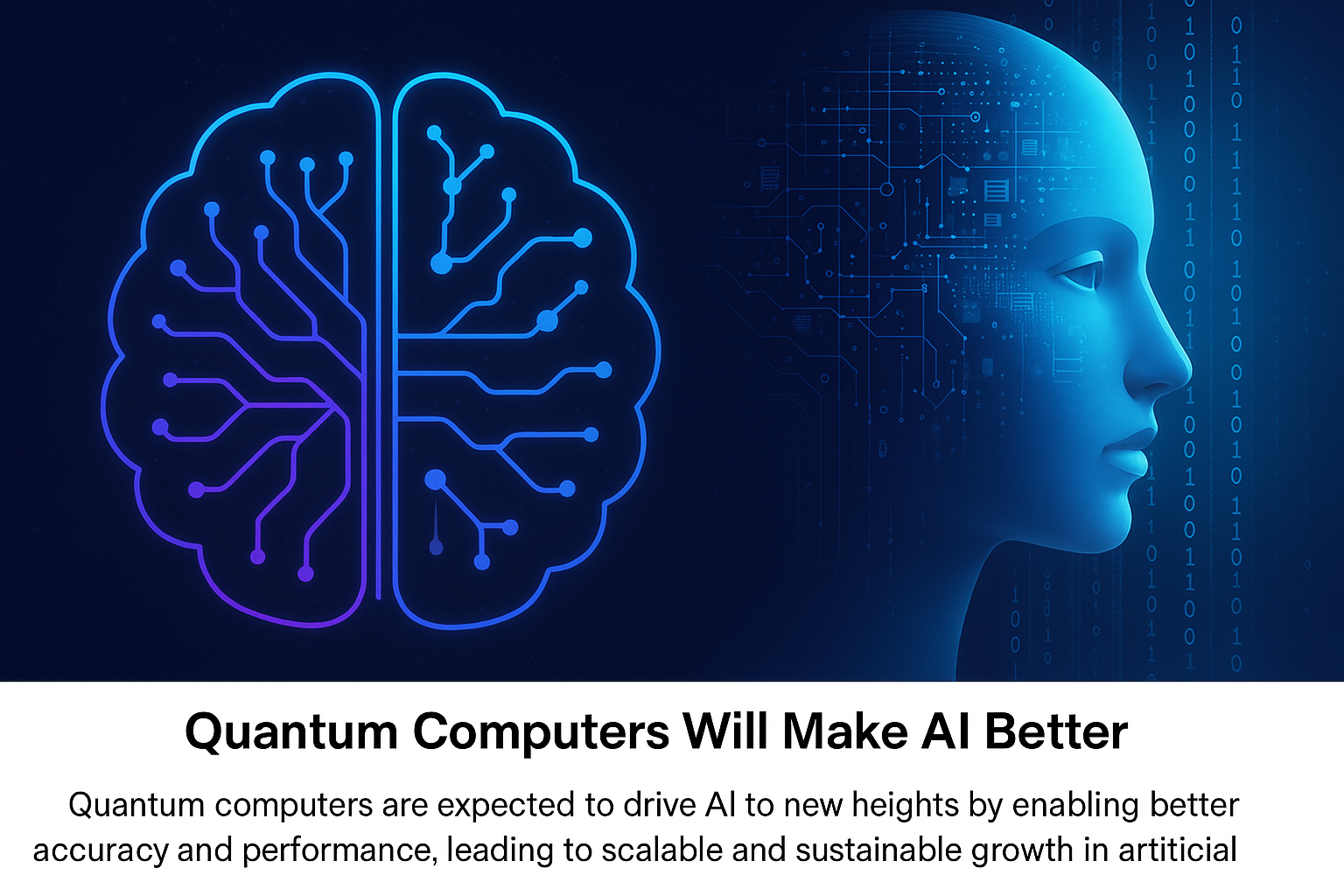As nations and tech giants race to dominate artificial intelligence (AI), a new factor is emerging as the ultimate differentiator: quantum computing. The future of generative AI training no longer relies solely on vast datasets and classical computational power. Instead, the integration of quantum synthetic data alongside real-world and classical synthetic data is becoming essential for unlocking AI’s full potential.
The AI Arms Race and Computational Bottlenecks
The global AI competition is heating up, with countries investing billions in AI research, supercomputing infrastructure, and cutting-edge algorithms. However, even the most powerful classical computers are approaching their limits in training large-scale AI models. The exponential growth in data and computational requirements makes it increasingly challenging to sustain progress using traditional methods.
Quantum computing presents a paradigm shift, offering capabilities that go beyond classical processing. Unlike classical bits, quantum bits (qubits) can exist in multiple states simultaneously, allowing for complex computations at an unprecedented scale. This is particularly valuable for AI, where massive amounts of data need to be processed, optimized, and synthesized efficiently.
Quantum Synthetic Data: A Game Changer for AI
Generative AI models require diverse, high-quality datasets to learn patterns, generate realistic outputs, and improve decision-making. While classical synthetic data generation has been instrumental in expanding training datasets, it is often limited by computational constraints and statistical biases.
Quantum synthetic data offers a solution by leveraging quantum algorithms to create more nuanced, high-fidelity datasets. Quantum-enhanced generative models can simulate complex distributions, model intricate relationships, and generate more representative training data for AI. This is particularly critical in fields like drug discovery, cybersecurity, and climate modeling, where accurate simulations are crucial.
Key Benefits of Quantum Computing for AI Advancement
- Faster Training Times – Quantum processors can exponentially speed up optimization problems, reducing AI model training time from months to days.
- Improved Data Quality – Quantum-generated synthetic data can enhance training sets, leading to more robust AI models with fewer biases.
- Complex Pattern Recognition – Quantum AI can uncover hidden patterns in data that classical AI struggles to detect, improving accuracy in applications like fraud detection and medical diagnostics.
- Enhanced Simulation Capabilities – From financial market predictions to material science research, quantum AI can perform more precise simulations, accelerating innovation.
The Geopolitical Implications of Quantum AI
The integration of quantum computing in AI is not just a technological evolution—it’s a strategic necessity. Countries leading in quantum AI will gain a competitive edge in defense, cybersecurity, healthcare, and economic modeling. The U.S., China, and the European Union are already investing heavily in quantum research, recognizing that future AI dominance hinges on mastering quantum capabilities.
For private sector players, collaboration with quantum computing pioneers is becoming a priority. Companies like Google, IBM, and D-Wave are making significant strides in quantum AI research, and partnerships between AI startups and quantum firms are expected to surge.
The Quantum Leap for AI
As AI continues to shape industries and economies, the reliance on quantum computing will only grow. The future of AI is not just about bigger datasets and stronger GPUs—it’s about smarter computation powered by quantum-enhanced intelligence. Nations and enterprises that invest in quantum AI today will define the technological landscape of tomorrow.




